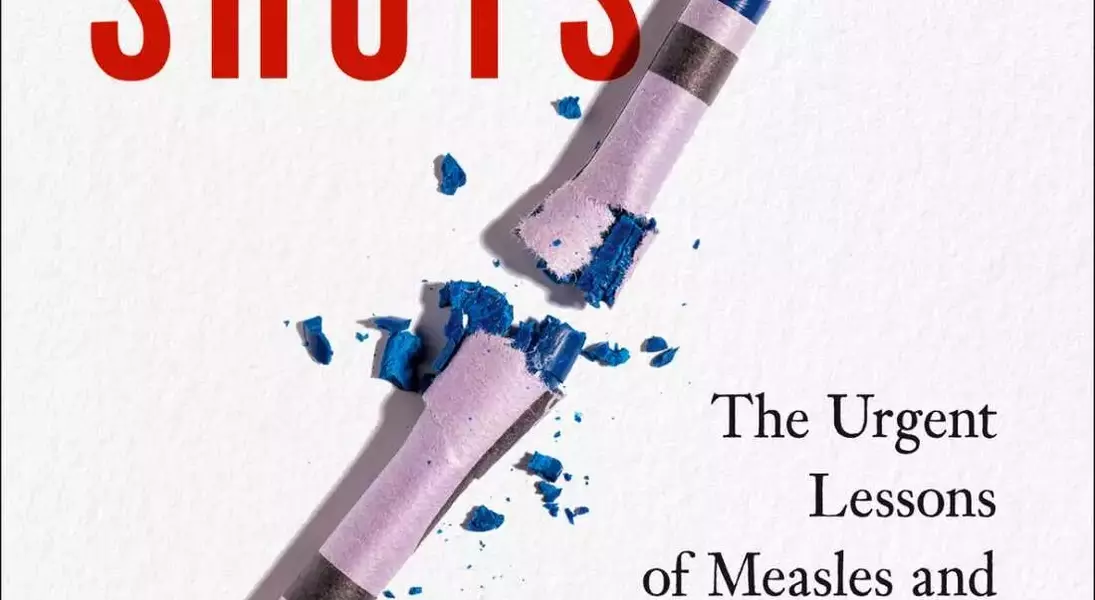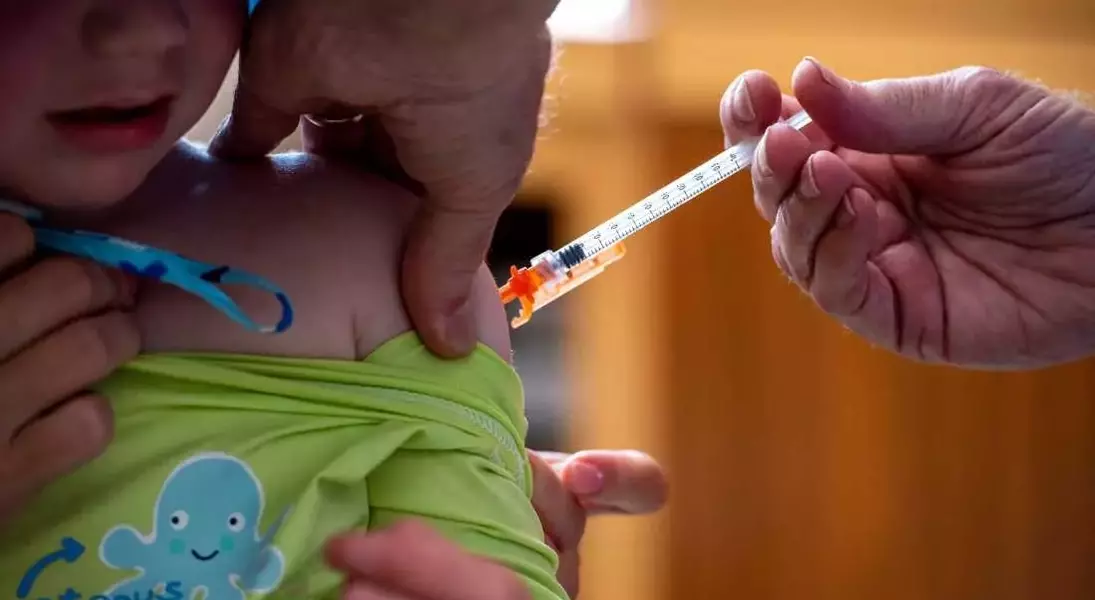



The appointment of Robert F. Kennedy Jr., known for his anti-vaccine activism, to the Department of Health and Human Services has sparked significant concern among medical professionals. Dr. Adam Ratner, an infectious disease specialist and pediatrician, expresses worry about the potential impact on vaccine availability and public trust in immunizations. He highlights the resurgence of measles as a warning sign of weakened public health systems and emphasizes the importance of maintaining confidence in vaccines. Additionally, Ratner discusses the challenges posed by misinformation and the critical role of NIH funding in biomedical research.
Impact of Anti-Vaccine Advocacy on Public Health Systems
The recent appointment of Robert F. Kennedy Jr. to a key position in the Department of Health and Human Services has raised alarms within the medical community. Despite Kennedy's claims that he is not "anti-vaccine," his history of questioning vaccine efficacy and safety has led experts like Dr. Adam Ratner to voice serious concerns. Ratner worries that elevating someone with such views could undermine public trust in vaccines and jeopardize the infrastructure that supports vaccination efforts. This shift could have far-reaching consequences for the health of children, both in the United States and globally.
Ratner points out that measles, once considered a solved problem due to widespread vaccination, has been making a comeback. The disease's extreme contagiousness makes it a sensitive indicator of public health system strength. In 2018 and 2019, New York City experienced a significant measles outbreak, with around 650 cases reported. Ratner argues that the resurgence of measles reflects a faltering public health system and growing distrust in vaccines. He stresses that actions taken over the next few years could have lasting effects on children's health worldwide. Maintaining robust public health institutions is crucial for controlling diseases like measles and ensuring the well-being of future generations.
Challenges in Combating Misinformation and Supporting Biomedical Research
In today's information-rich environment, the spread of misinformation poses a significant challenge to public health initiatives. Dr. Adam Ratner notes that while children now grow up largely protected from deadly infectious diseases thanks to vaccines, this success is not guaranteed. The rise of anti-vaccine sentiment has complicated efforts to maintain high vaccination rates. Ratner recalls the initial optimism surrounding the COVID-19 vaccines, only to be met with unexpected resistance. The anti-vaccine movement's resilience has made it clear that combating misinformation requires ongoing effort and collaboration between public health entities and communities.
Moreover, Ratner highlights the critical role of NIH funding in supporting biomedical research. Advances in treatments for various diseases, including the development of COVID-19 vaccines, owe much to NIH-funded basic research. Recent cuts to NIH funding, particularly through executive orders capping indirect costs, could strain universities and research institutions. These changes risk driving scientists out of the field and shutting down labs unable to sustain operations under new financial constraints. Ratner underscores the long-term implications of these budgetary pressures on public health and scientific progress. Effective countermeasures against misinformation and sustained investment in research are essential for safeguarding public health and advancing medical science.
